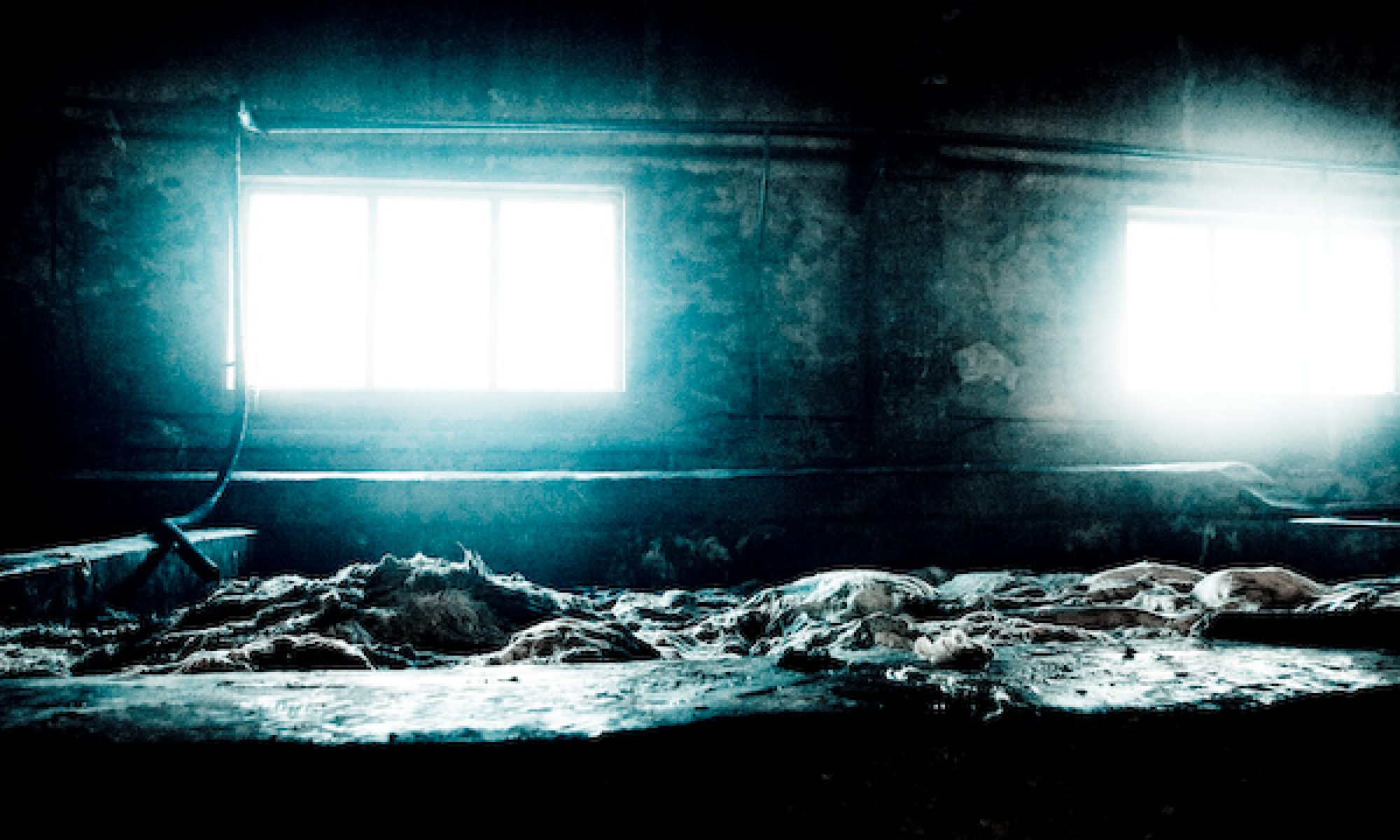####PART I. __TURBULENCE__
With perestroika and the decline of Soviet power in the late 1980’s, Mongolia entered the first period of its post-communist development. This romantic period was a time of hope; Mongolia was to become the next Asian Tiger. Yet with the dissolution of the Soviet Union, and the halting of related aid money, newly democratic Mongolia was faced with an economic crisis of epic proportions. The fruits of democracy were enjoyed as well; newspapers sprang up, their variety reflecting the budding of Mongolia’s new multi-party democracy. Churches tripped over each other to send missionaries to cultivate her fertile sands, and Buddhism re-entered the public sphere. However, the lack of visible progress led many Mongolians’ to enter into state of now-familiar disillusionment.
Elections brought the young Democrats into power, who hastily implemented an intensely neo-liberal plan to shock the Mongolian economy into complete liberalization. Despite optimistic forecasts from policymakers, the life of the average Mongolian took a serious turn for the worse. Problems that had been forgotten during the times of Stalinist ‘utopia’ ravaged the country. Unemployment, massive inflation (as much as 350%), shortages of essential goods, and an almost complete collapse of the Mongolian economy were among them.[^m1] Social ills soon followed, with Mongolian males and their fragile egos faring worse that the women; alcoholism and violence, especially, spread amongst the growing population of unemployed young men.[^m2] Such chaos swept the MPRP back into power, beginning another dark era of de-democratization, though with some economic recovery.
####PART II. AWAKENING THE TIGER
Big Brother is watching, don’t say the
Wrong thing, look the Wrong way.
Traditional systems dis-
Integrate. Morals, ethics, freedoms and structures of life on the steppe.[^m3]
Continue reading “Reflections on Mongolia”
